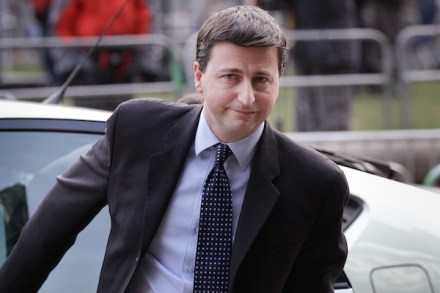Bookbenchers: Douglas Alexander MP
After a brief hiatus, the Spectator’s Bookbenchers interview recommences this week. Over at the books blog, Douglas Alexander MP, the shadow foreign secretary, tells us what he plans to read his children over the summer, as well what he hopes to read for himself. He says: ‘My mother, who herself was born in China —


































